|
Back in May I tried to calculate the benefit to Apple in stretching out the current iPhone’s life another year. The bottom line was that I estimated Apple could reap an additional $23 of gross margin on each iPhone if they kept things basically the same. Or what might be more Apple’s style, they could add another pricey component that they would never be able to do if they stuck to a two-year cycle. Going one extra year allows them to do something special without cratering gross margins on their most important product.
So, Apple peered over the edge into the great black abyss that is automotive manufacturing and may be having second thoughts. The latest word is that Apple may be shifting their focus to a more complementary software target. Hmm, where did I hear that predicted before?
I always say that looking at a single income statement doesn’t mean a whole lot if you don’t have a frame of reference. Apple just reported that they made over $10 billion dollars in ninety days. Most corporations in the world would gladly trade places with Apple to get results like that. And yet, Apple is getting compared to the most profitable company in the world: itself. More specifically, the AAPL of 2015.
It's Nothing Personal, It's Just Business In the latest podcast episode of ATP Marco Arment made the tongue-in-cheek assessment that it looks like Tim Cook, who is outspoken on his love for iPads, hates the Mac Pro. This is due to the fact that the Mac Pro hasn’t seen an update in about three years whereas the iPad continues to get hardware updates galore. Tim has also said that he does most of his work on an iPad and he believes it has a bright future.
Every quarter when earnings-release time comes around, Tim Cook has been remarkably accurate with his forward-looking guidance for the next quarter. As he should. Accurately forecasting Apple’s financial performance for the quarter not yet complete is important for one big reason. It shows that the executive team knows their business.
I’d written before that I could envision Steve Jobs wooing Tesla engineers with the line “Do you want to change the world or keep working on glorified horse buggies?”. My feeling that the power of the smartphone greatly outweighs the automobile has only intensified in the months since I first wrote that.
Why My Kids Never Ask to Play Video Games I bought my kids an iPad Mini and an iPhone that they can share to play video games and they absolutely love them. They would willingly trade mealtime and sleep in order to play their favorite video games. And yet, they never bug me to play games. So how can these two seemingly contradictory statements be true? Here’s why.
I wrote yesterday about the various cost components that would go into Apple’s 30/15% charge on all sales through it’s App Store. But what about all those apps that exist on the App Store that allow customers to bypass Apple and sign up for subscriptions elsewhere? These apps are distributed by Apple but all the subscription revenue goes to the maker.
This was a mistake by Apple. This should have never been allowed to happen and will be the root of most of the App Store’s problems in the future Apple famously takes 30% of every dollar that is collected in their App Store, or 15% if it’s a subscription. Non-business people have a hard time understanding what could possibly motivate Apple to do such a thing. Is it a blatant money grab they ask? Well, yes and no.
Making the iPhone Waterproof May Be More Difficult Than Most People Think
Samsung Galaxy S7 Active Fails consumer Reports Water-Resistance Test Isn't the Galaxy S7 "exhibit A" when ever anyone tries to say that Apple doesn't need to remove the headphone jack to make the iPhone water resistant? I still think that most people miss the point when discussing whether or not Apple should remove the headphone jack. The jack is not on trial. The question is at what point do the benefits of removing the jack outweigh the cost? Aside from the benefits that everyone always brings up, edge-to-edge screen and water resistance, there is also the issue of complexity. The number one contributor to product cost is component number and complexity. At every corporation I've ever worked, each component in the bill of materials is eyed as a suspect in a murder trial. There are teams of manufacturing analysts trying to make the case that the suspect deserves elimination. I'd think that if Apple has access to data that shows the trendline for wireless vs non-wireless listening is going to intersect very soon. Then this isn't as big of a risk as everyone thinks. After all, the last thing Apple wants to do is hurt iPhone sales. For all the talk of Google's vaunted "deep-learning" isn't it interesting that Apple may be the one with the edge in data collection to allow them to identify this trend? Why? Because they own both OS and the hardware side of the business. Ever since 2011 when I first saw the 6th gen iPod Nano on someone’s wrist, I’ve dreamed of having an iPod watch. As an avid runner and weight-lifter I’d been using my iPhone to listen to music and podcasts during my workouts by using an armband. But that original idea of the 6th gen iPod on your wrist had so many pitfalls it wasn’t workable.
Apple has a pretty liberal return policy which people love to use to “test drive” new iPhones, iPads, or Apple Watches. You can buy pretty much anything from Apple and then return it no questions asked for up to 30 days. You'll get a full refund plus the cost of shipping paid for by Apple. But what is the impact to Apple’s income statement for this sales and marketing largesse? Is it a small price to pay to generate increased sales?
When Apple first unveiled iOS 9 they made some claims about expanding Siri’s assistance level which I later found to be underwhelming. So even after WWDC 2016’s amazing claims about deep learning and intelligently learning user habits locally, I was still a little skeptical.
Software developers and authors have a lot in common. Both have chosen a way of life that involves pouring countless hours of toil into a project that may or may not pay off in the end. If you’re one of the best, or best known, your hard work will result in a windfall of cash. But that windfall will leave just as fast as it came, because only so many people will buy your book or program, and after they have you need to move on to your next project.
The draw of earning a living from doing what you love, whether it’s writing a book or writing a code is similar. It comes from seeing other people achieve spectacular success, from knowing that the opportunity out there is very real and attainable by anyone. But not everyone. Third-Party Services Make the iPhone More Valuable, Not Less So Writing for Recode, Jan Dawson again brings up his idea that Apple Inc. could be vulnerable to its iPhone customers one day seeing past Apple. His basic premise is that potential iPhone buyers would one day see software service providers as so integral to the experience that the device manufacturer starts to fade from relevance.
I couldn’t disagree with him more. I never understood the crowd that didn’t like the Apple Watch home screen. With one push of the crown you have access to at least seventeen apps without having to swipe or search. I’m not buying the argument that the bubbles are too small to select because I use the home screen all the time and it's about as easy as typing on a 4” iPhone. That means your touch targets appear impossibly small but the software makes it amazingly accurate.
Cult of Mac is reporting that Apple Inc. was a formal objector to the Uniform Consortium’s inclusion of the rifle emoji. This brings up an interesting debate over just how much respect do emoji deserve. I think the battle between voice calling and text messaging was settled long ago and the masses overwhelmingly chose little bubbles. But are emoji an essential part of that package?
Apple’s WWDC keynote yesterday reaffirmed their commitment to privacy while at the same time expanding their iOS intelligent assistance capabilities. I couldn’t be happier about how it went. Expanding the iPhone’s capabilities via local intelligence and differential privacy was music to my ears. Why settle for one or the other when Apple can do both?
At today’s WWDC Apple gave everyone their first look at upcoming versions of their four main software platforms. There was no shortage of intelligent assistance on iOS and macOS to satisfy the tech nerds or messaging bling for seventeen-year-old girls with bionic thumbs. It was an impressive show that alleviated any fears that Apple is giving up in the great software arms race.
Apple’s recent announcement that it was opening up the Mac App Store to subscription pricing for developers raises a lot of interesting new possibilities. Phil Schiller’s news has kicked of a huge deal of buzz on what this might mean for pulling in new sales and customers for software developers.
But coming from my corporate background, I’m still trying to get my arms around why developers have such a romantic view of selling via the subscription method vs the old fashioned upfront pricing model. In theory, it doesn’t matter. Prior to the 2015 WWDC there was a flurry of speculation that perhaps Apple was moving too fast with software development. The tech press opined that maybe Apple should dial down their torrid pace of software advancement and just focus on stability and bug fixes. Apple should give the people what they want. And the people don’t want new features, they want it to just work. Who needs new features? Just make 2015 a Snow Leopard year and kill bugs.
Now prior to the 2016 WWDC there is a flurry of speculation that perhaps Apple is moving too slow and getting left behind by Google. The tech punditry is wondering aloud if lumbering Apple can ever catch up with Google’s advances in machine learning. Give the people what they want, and this year they don’t want stability, they want new features and software bling. They want their phone to proactively assist them wherever they are. iOS needs new features. Am I the only one who sees the humor in this? Was the 2015 crisis a false alarm and the current hysteria is accurate or vice versa? They can’t both be right. Or maybe a totally new meme will emerge after next week's WWDC. I suppose if Apple is getting criticized for both moving too fast and too slow, they are probably advancing at about the right pace. I’m pretty bullish on the future of the Apple Watch. If I was working at Apple in an advisory role I’d be making the case that the Apple Watch should be Apple’s number one or close second priority and deserves an unlimited budget for research. As the vocal interface becomes more and more robust, the wearable will take on an increasing share of the workload from the smartphone. I was thinking about how to articulate why the watch is so important and what it brings that the iPhone can’t when it hit me. Advocates of the Amazon Echo have already made the case for me.
I’m sure making strategic decisions for Apple’s iPhone team has been pretty easy the last few years. The basic playbook would be something along the lines of, invest in as much capital assets as you can, and keep the margins at 40% or more. They didn’t need to worry about covering their fixed costs or unloading any unsold inventory because the customers just kept coming as fast as they could build those iPhones.
But eventually, whether it’s 2016 or 2020, those iPhone sales will plateau or even go down. The rules of the game will change for Apple and they will need to make some hard strategic decisions on the future. The new customers who were shopping for their first smart phone will start to dwindle at some point and Apple will need to focus their big guns on poaching Android customers. The Nikkei Asian Review dropped a bomb on iPhone lovers today when they predicted that Apple was going to move to a three-year product cycle versus the two-year cycle it’s on now. This is big news considering that not only did Apple critics not see this coming, a lot of them are calling for Apple to move to a yearly refresh. A move that I tried to take a look at a couple of weeks back. I would summarize that analysis with a big “Don’t hold your breath.”
So, is Apple going to go the way of Blackberry and be left in the dustbin of history? Quite doubtful. I actually agree with Marco Arment’s piece stating that if the market swings hard towards devices that lean heavily on intelligent assistance that Apple is in big trouble. But I’d also agree with anyone that stated that if our planet were to run out of water tomorrow that the human race faces extinction. The statement would be true, but I wouldn’t lose any sleep over it.
|
Robert PerezManufacturing and distribution analysis since 1993. Perezonomics is available in Apple News
Archives
October 2024
|

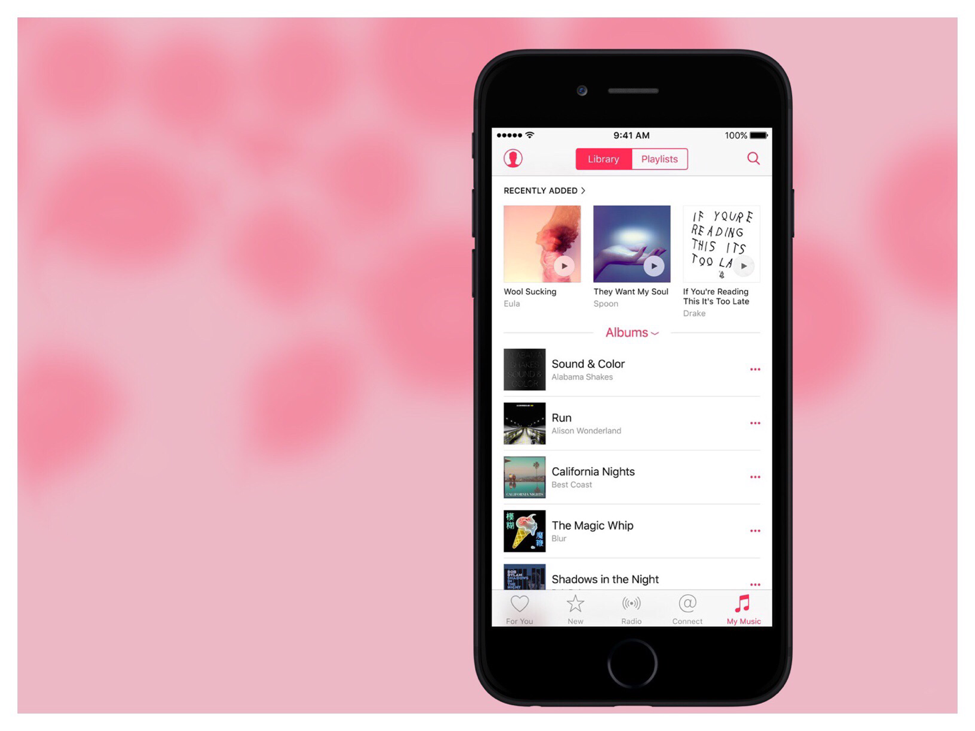
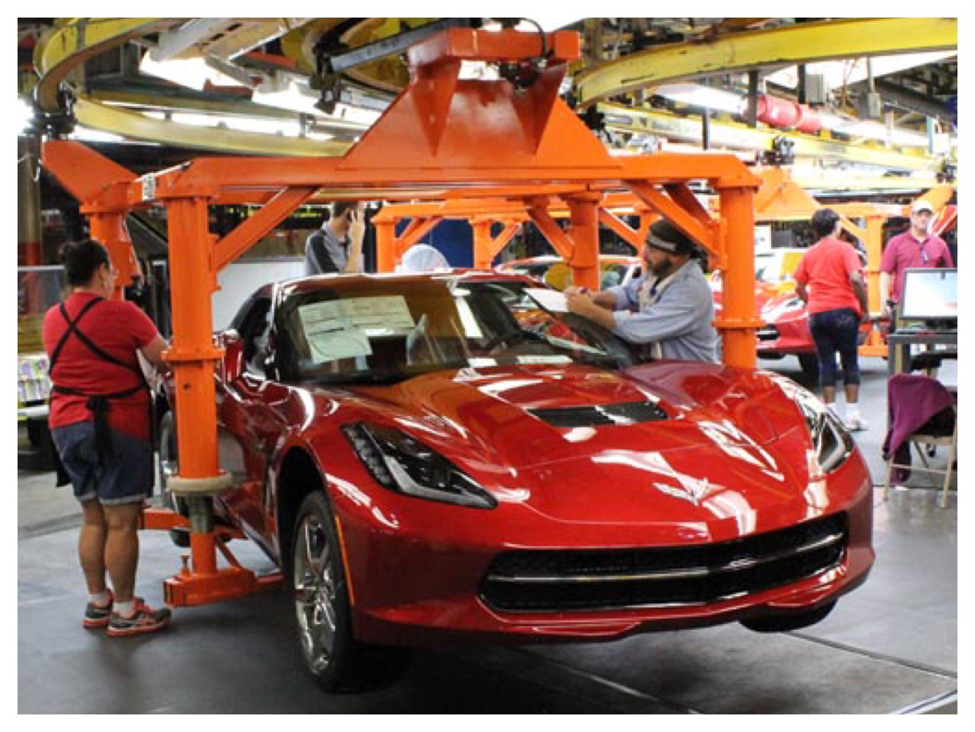
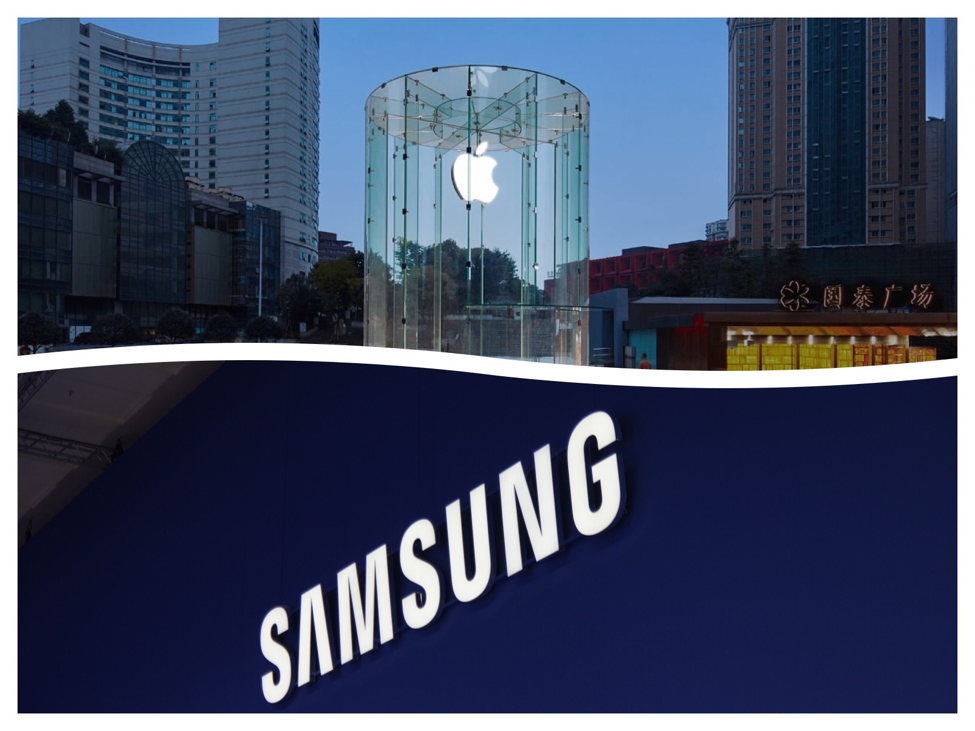
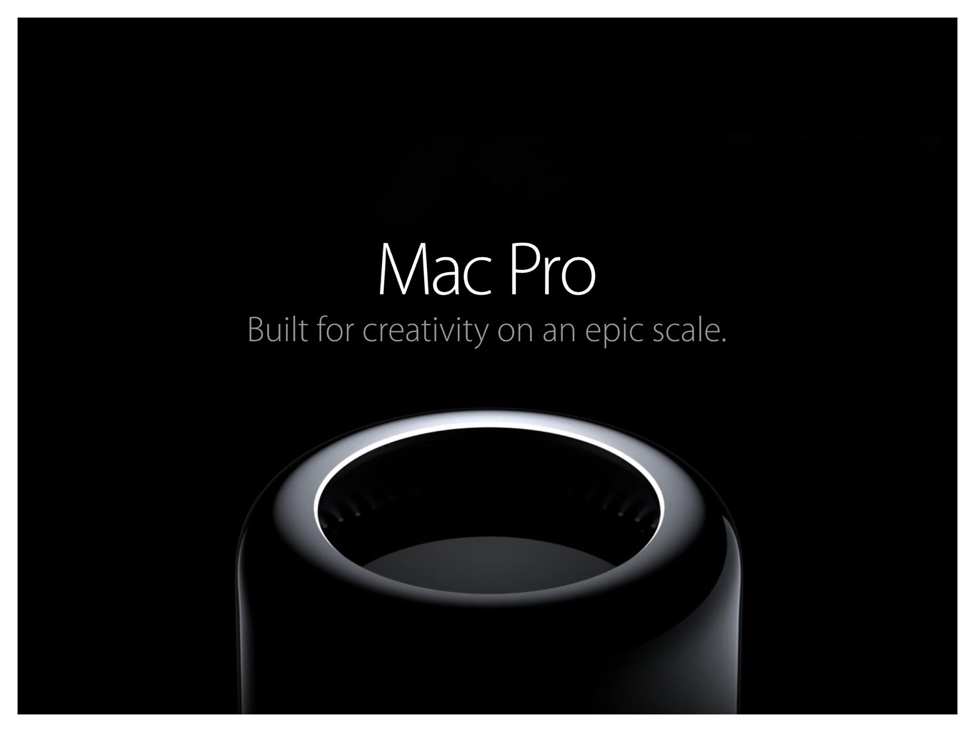
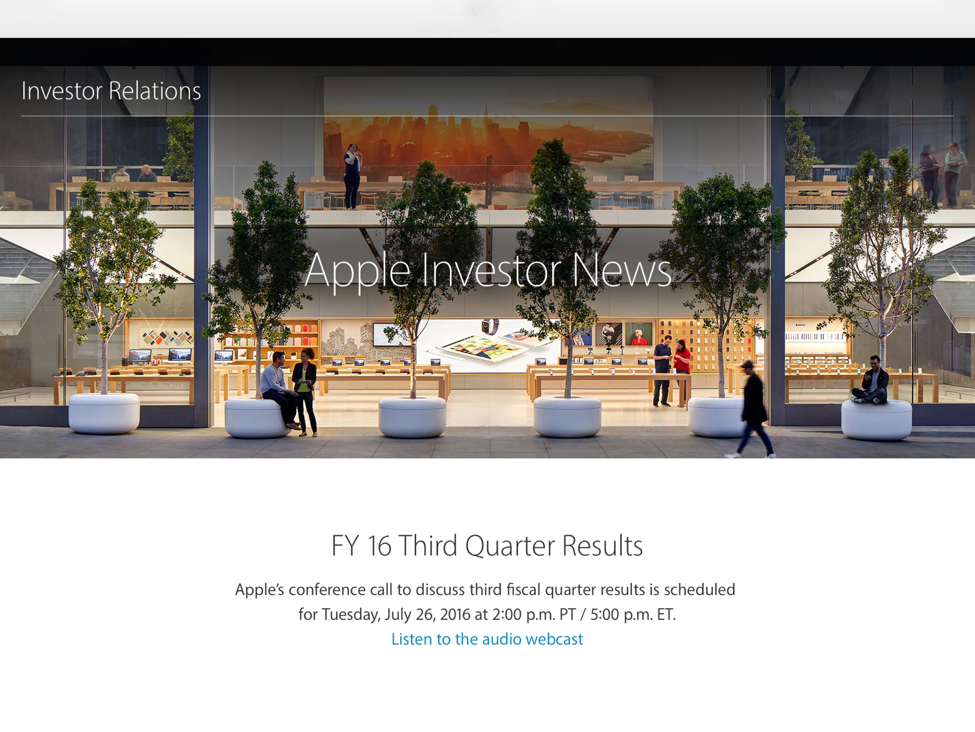
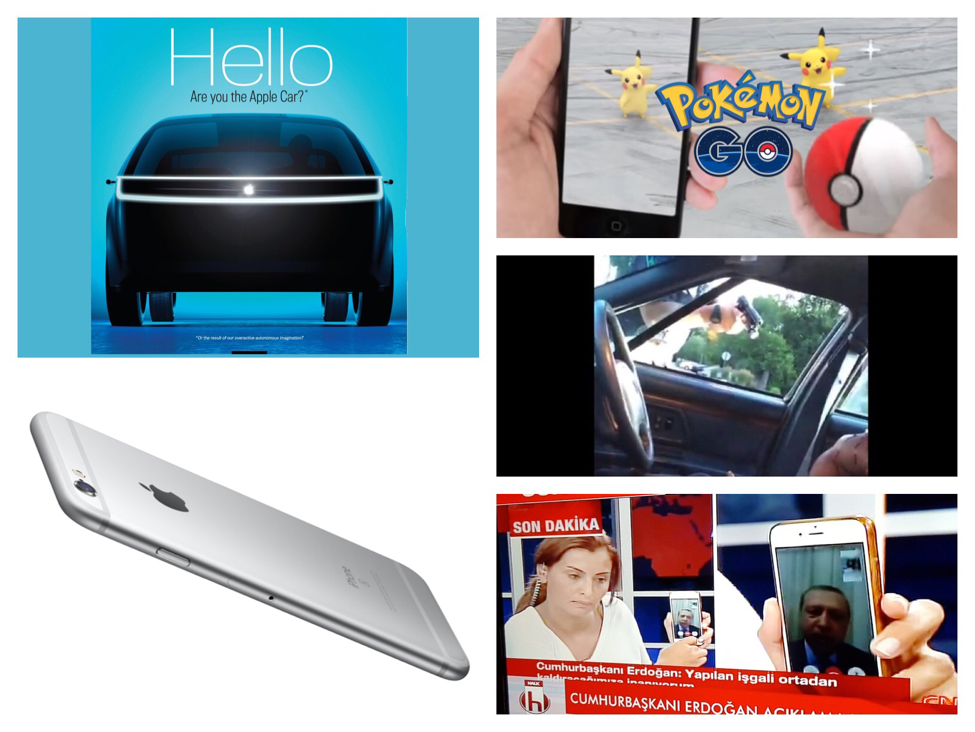
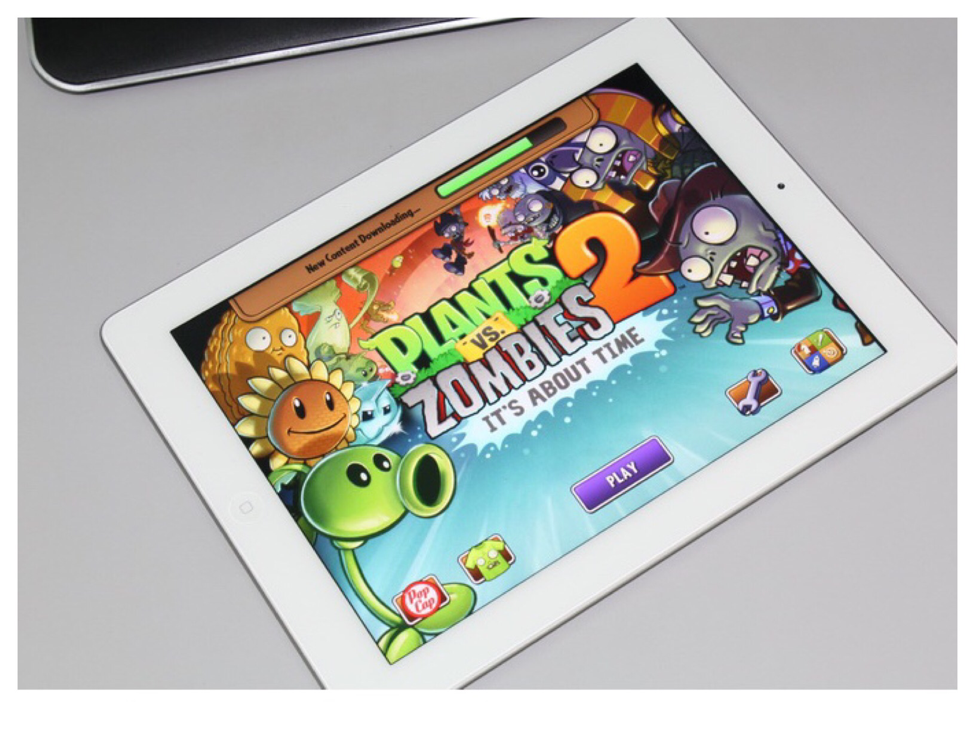
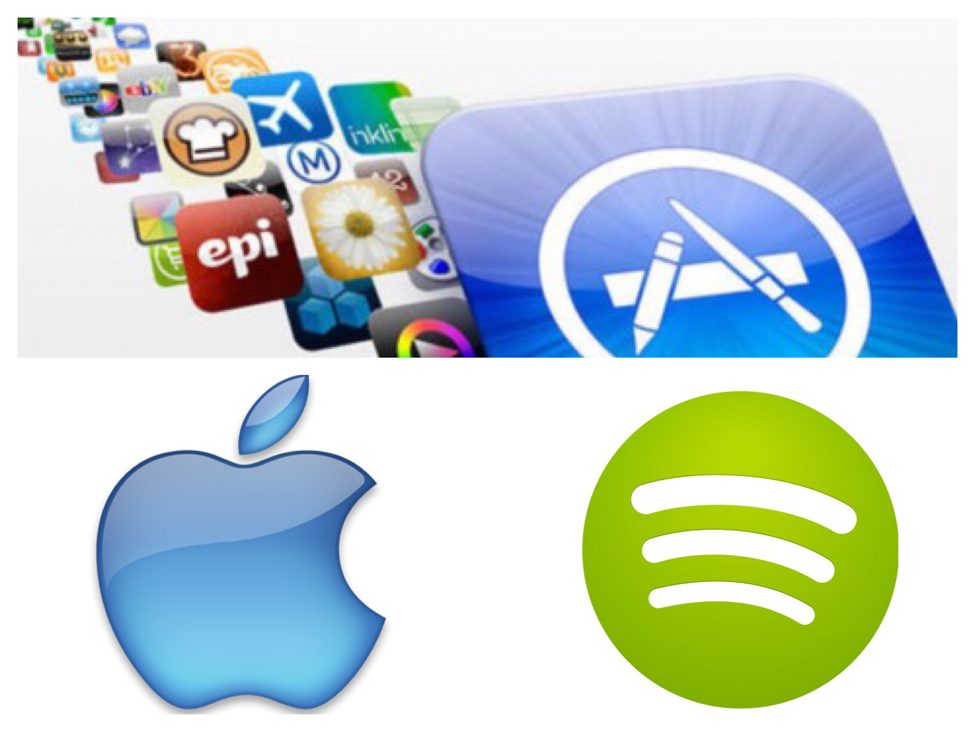
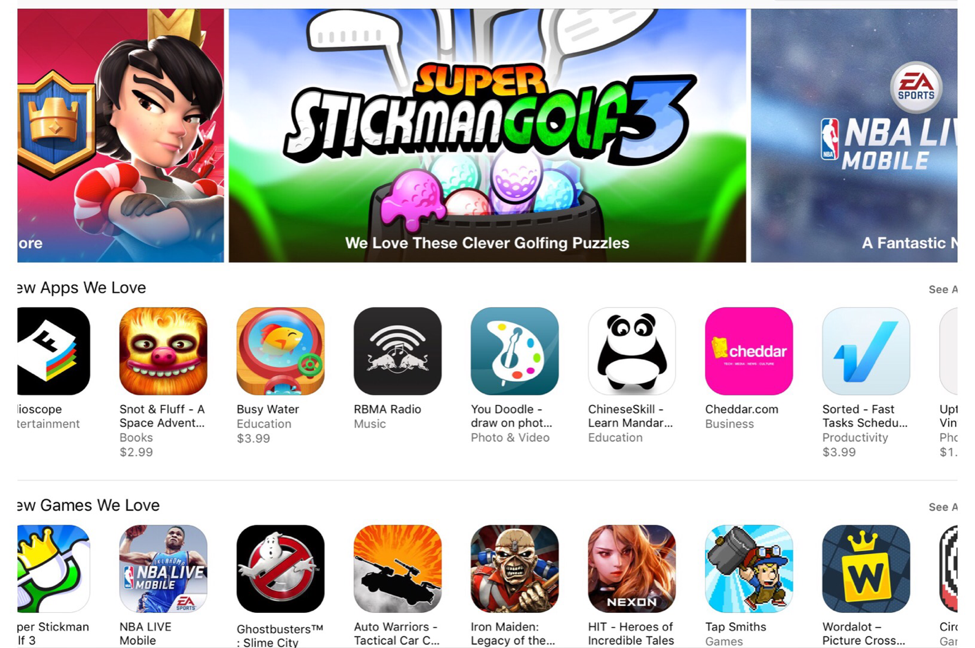
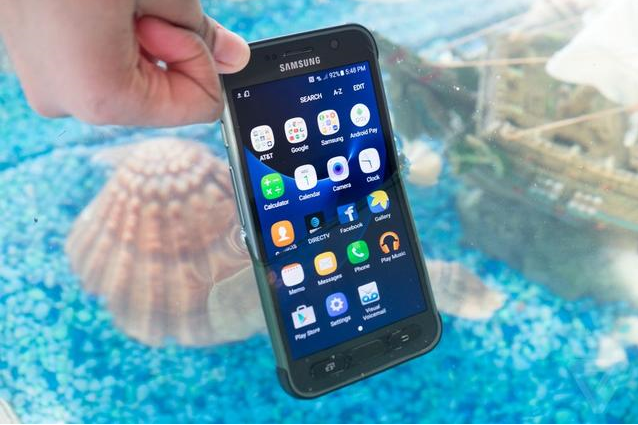
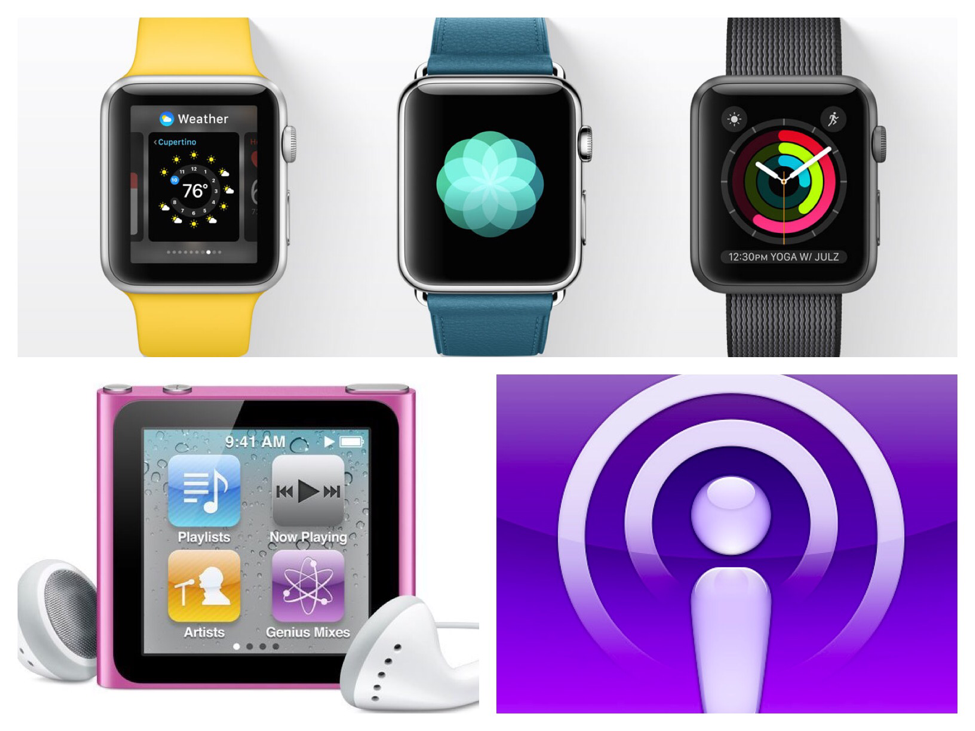
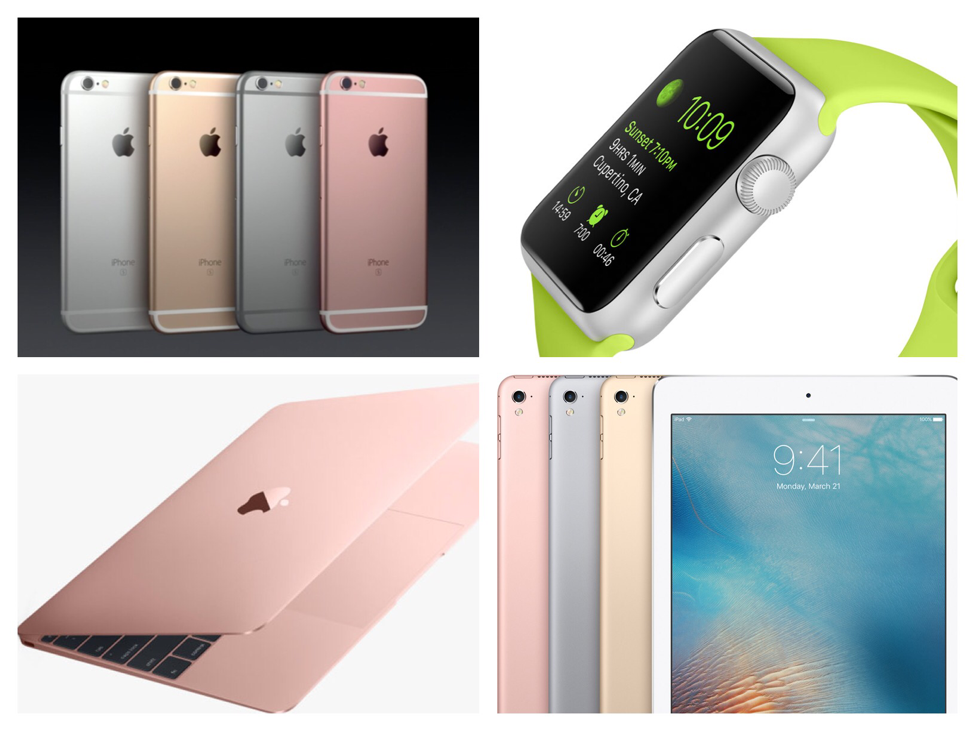
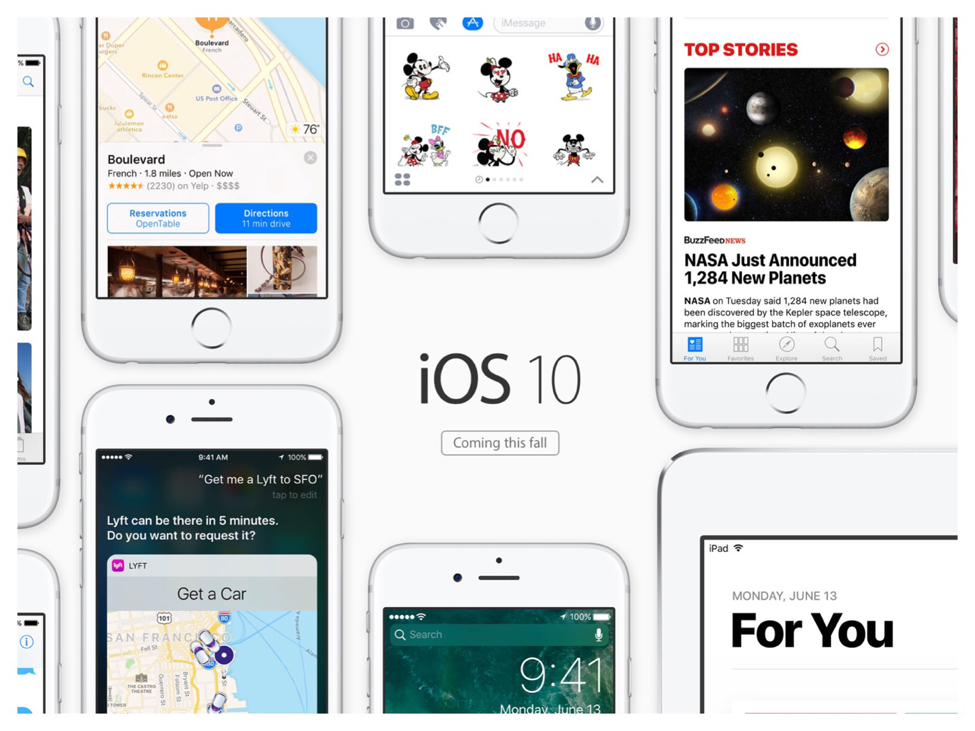
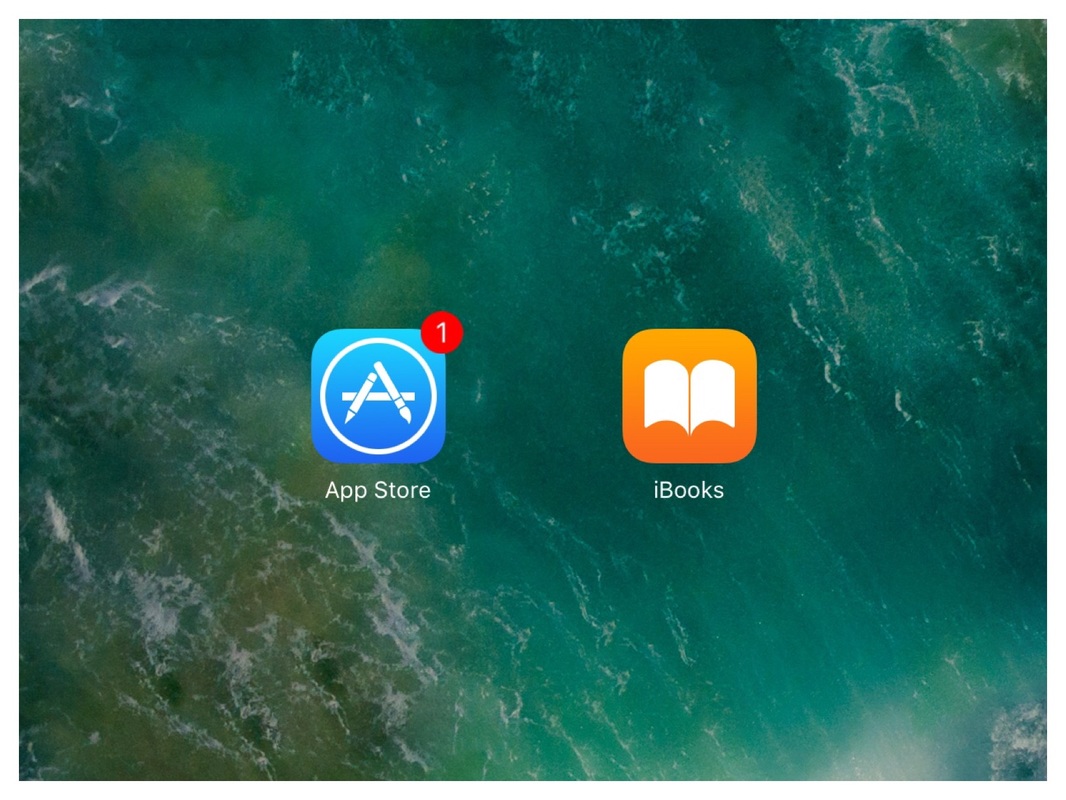
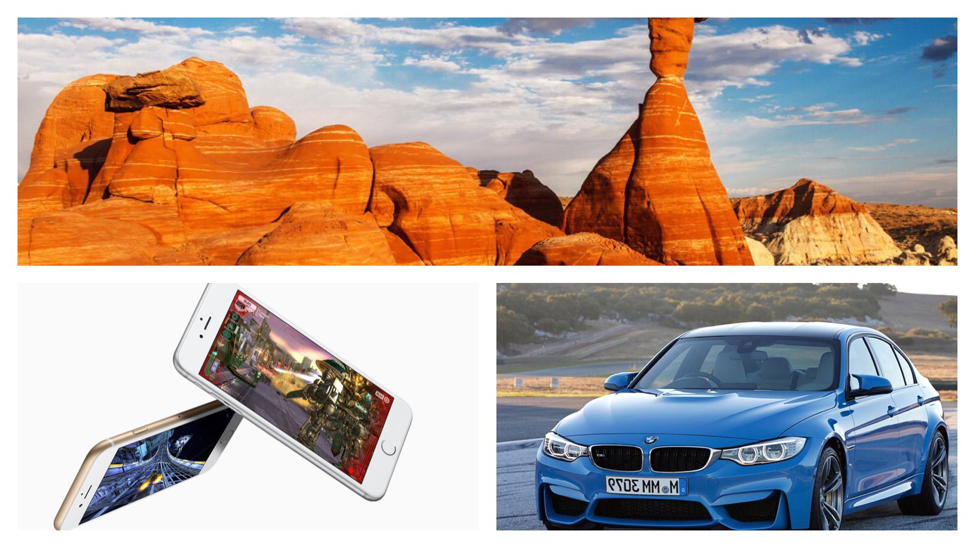
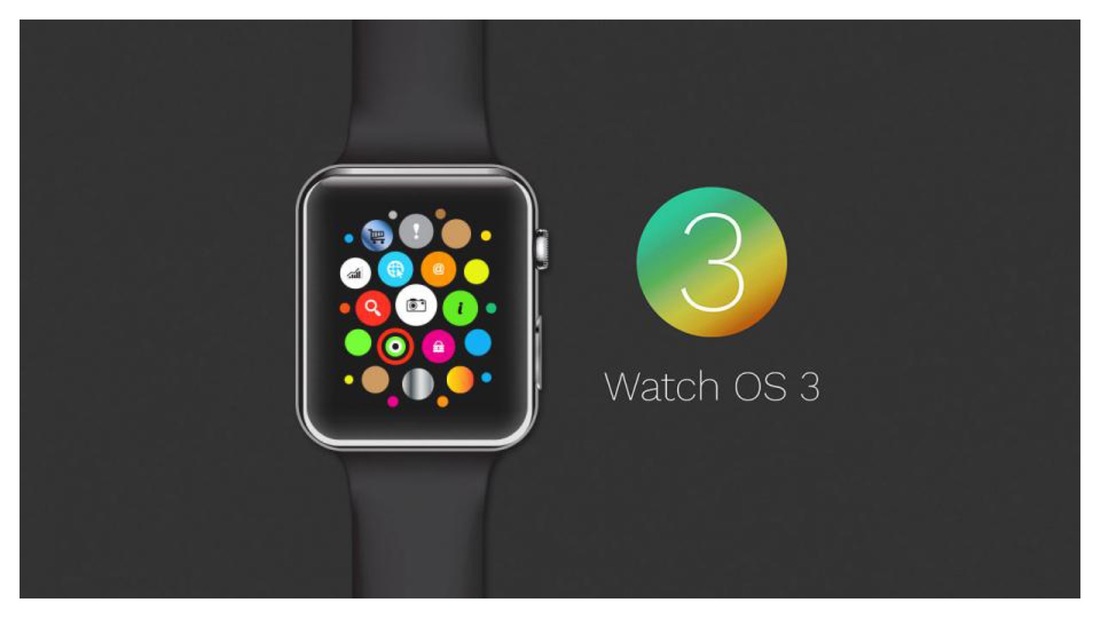

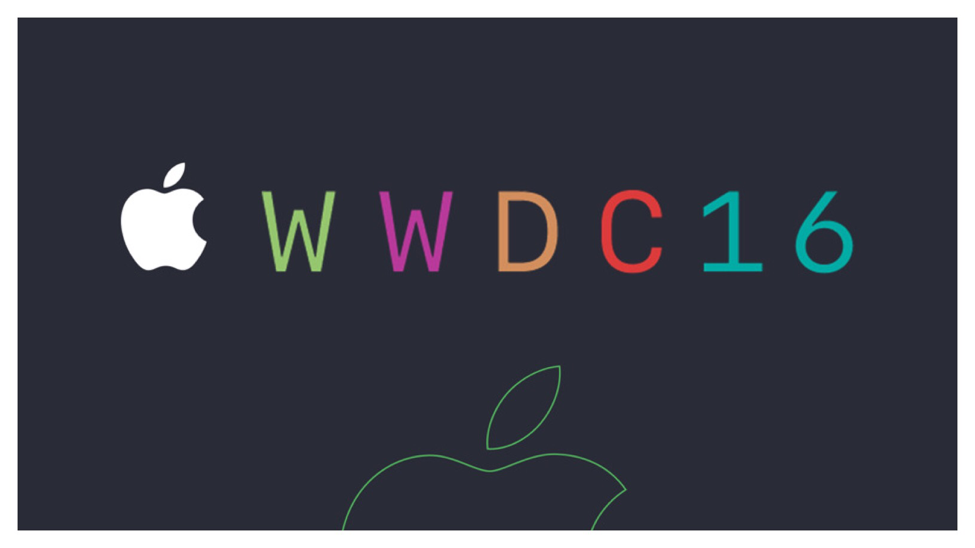
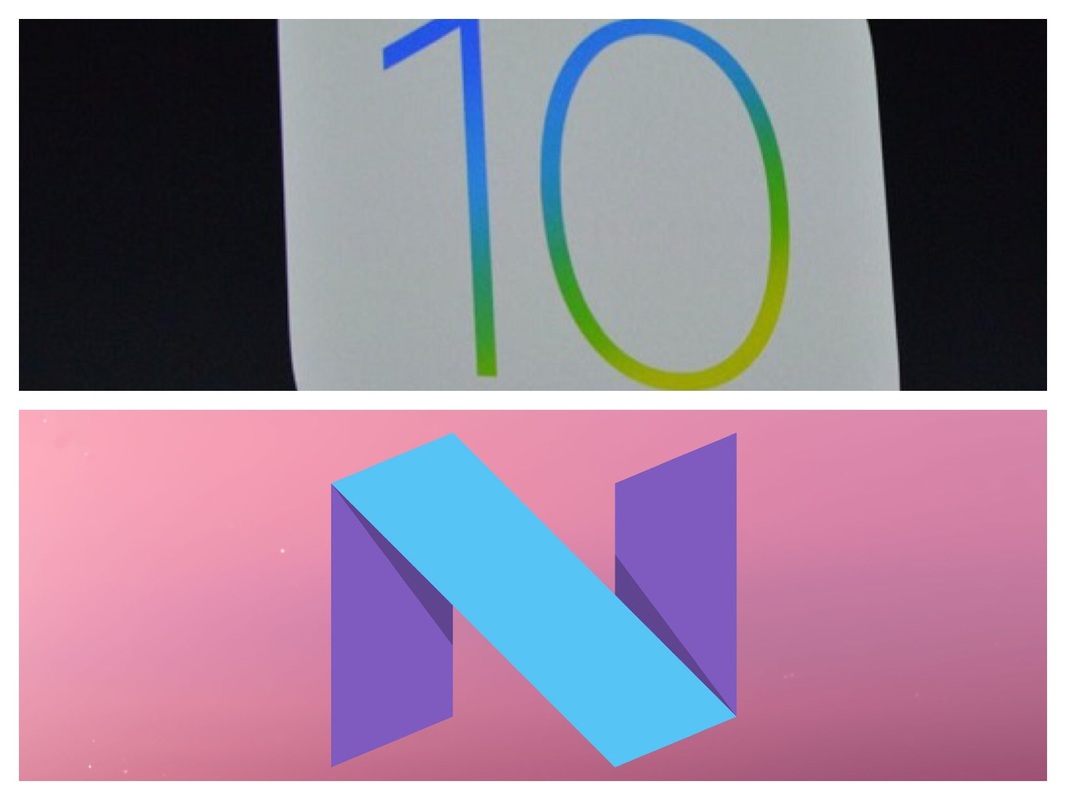
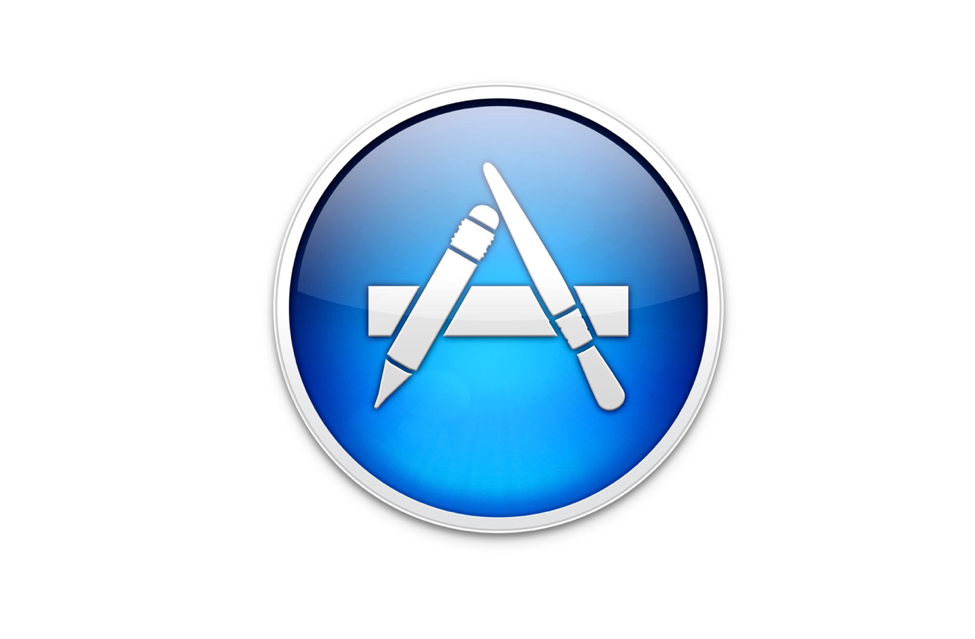
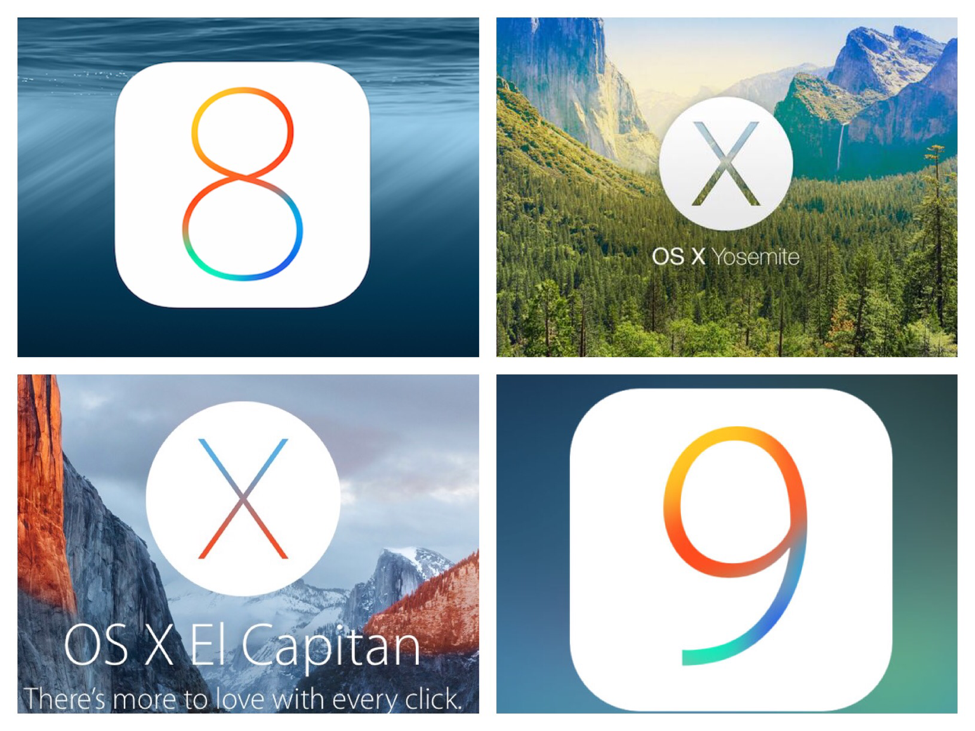
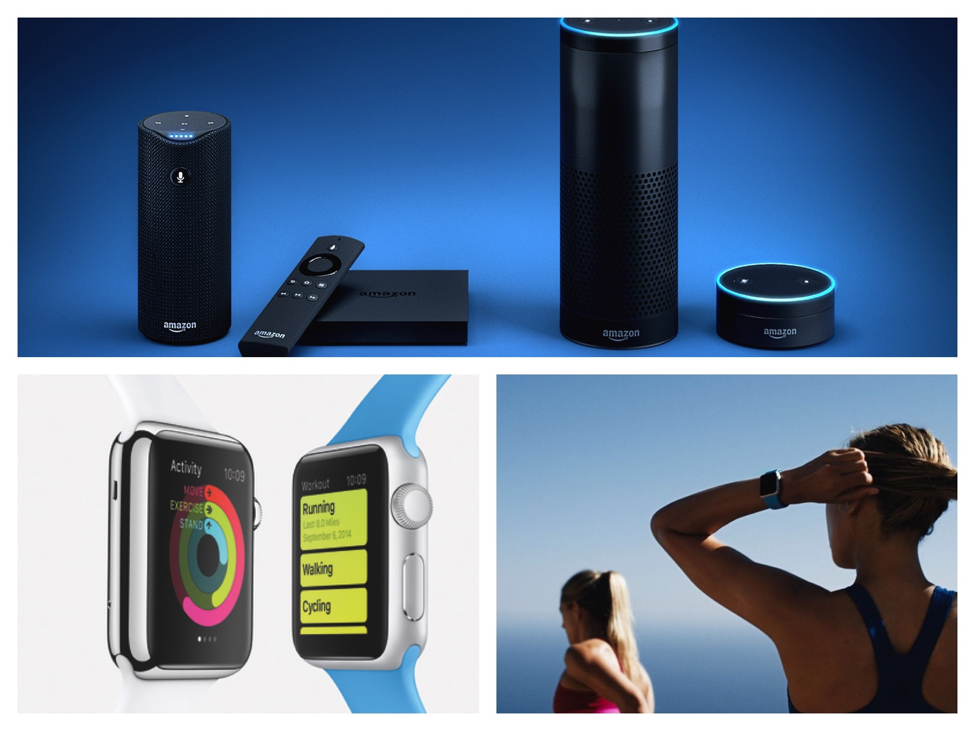
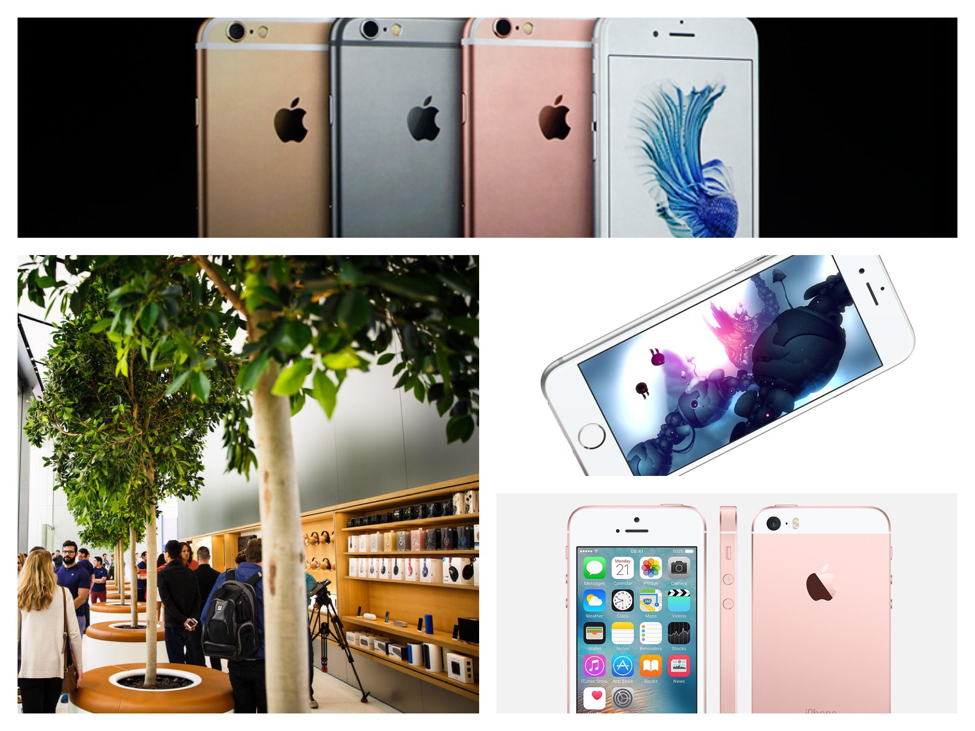
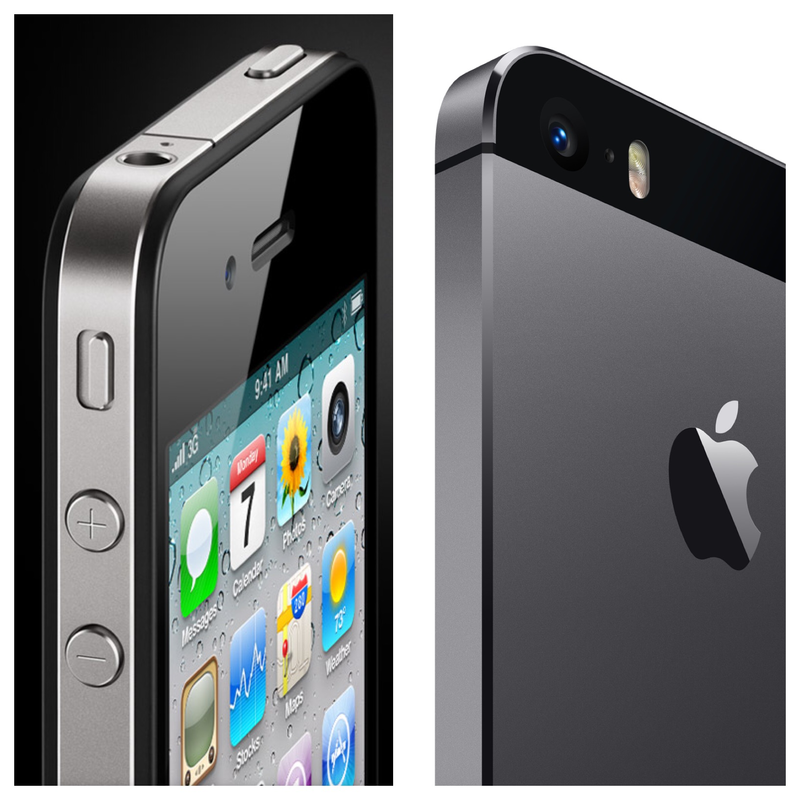
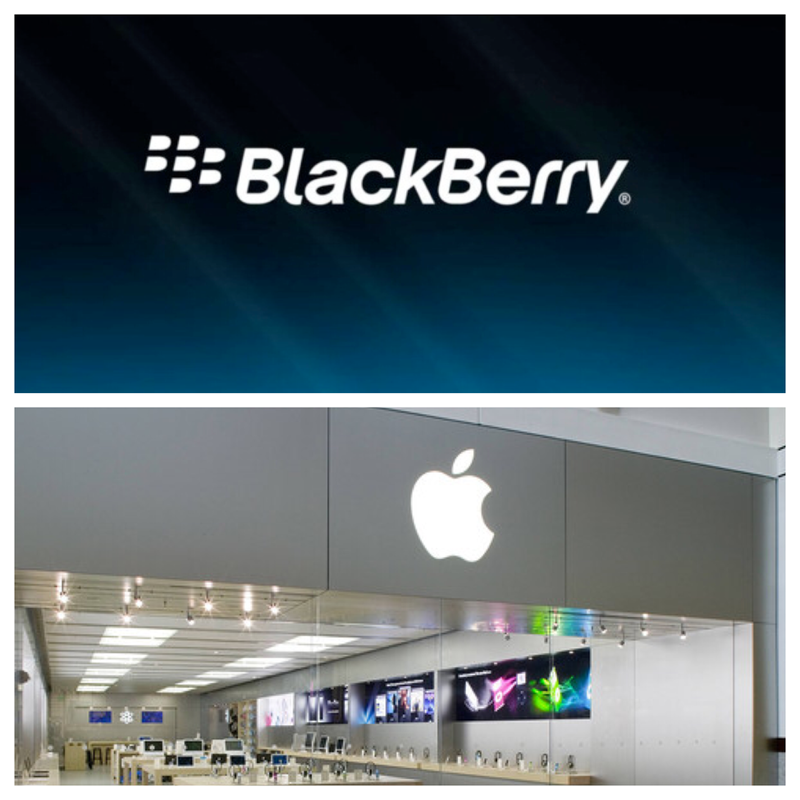

 RSS Feed
RSS Feed